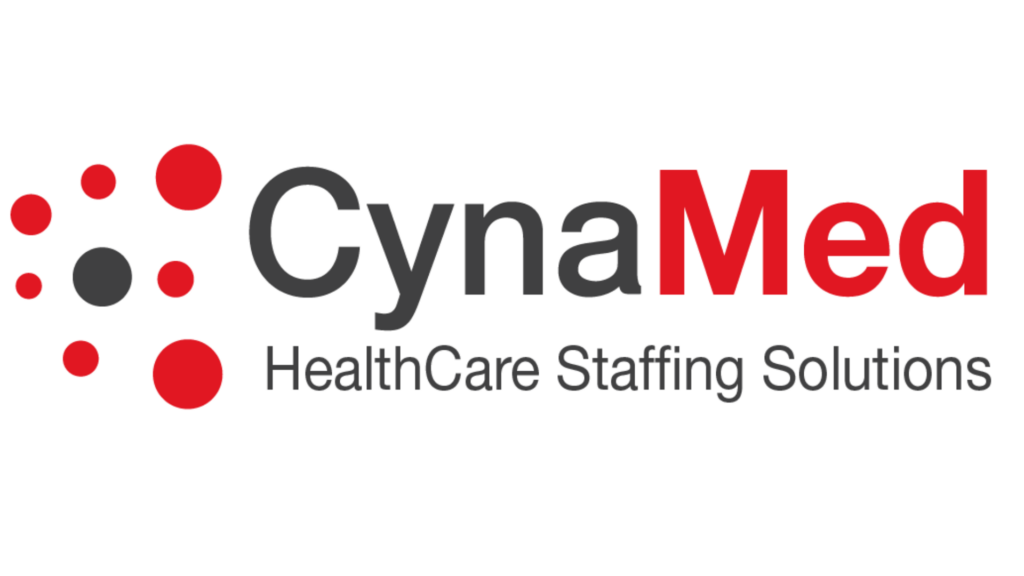A common entry-level nursing job is the certified nursing assistant (CNA) role. Although the responsibilities are less than those of a licensed practical nurse (LPN) or registered nurse (RN), it is still a crucial job. CNAs provide care to patients in many ways, such as assisting the patients with daily activities and administering medications. They work in a variety of healthcare facilities.
The LPN job has more responsibilities and authority than a CNA. There are certain courses of action a CNA can take to advance his or her career and become an LPN.
Complete additional schooling and work towards gaining your LPN degree.
A CNA looking to become an LPN will have to be accepted to a certificate course. These courses usually take at least a year and may be completed at a local community college or vocational school. Today, a CNA may take an online bridge program to advance into an LPN. You may be a full-time or part-time student, depending on which education program you select.
Decide if you want to pursue a specific area of nursing.
Some LPN certificate programs allow the CNA to earn a certificate in a specific area of nursing. You may also decide to become a general Licensed Practical Nurse. This will determine how much schooling you will need.
Pass the NCLEX-PN.
After finishing the course, an aspiring LPN will have to pass the National Council Licensure Examination (NCLEX-PN) to gain the official license. The educational program you take will put you in a position to pass this examination. Once you have this license, you will officially be an LPN.
Completing these steps will pay off, as Licensed Practical Nurse salaries are higher than the salary of a CNA. It will also grant you more independence and experience. CynaMed helps LPNs land jobs and advance their nursing career. Visit our website, where we post nursing job opportunities daily.






